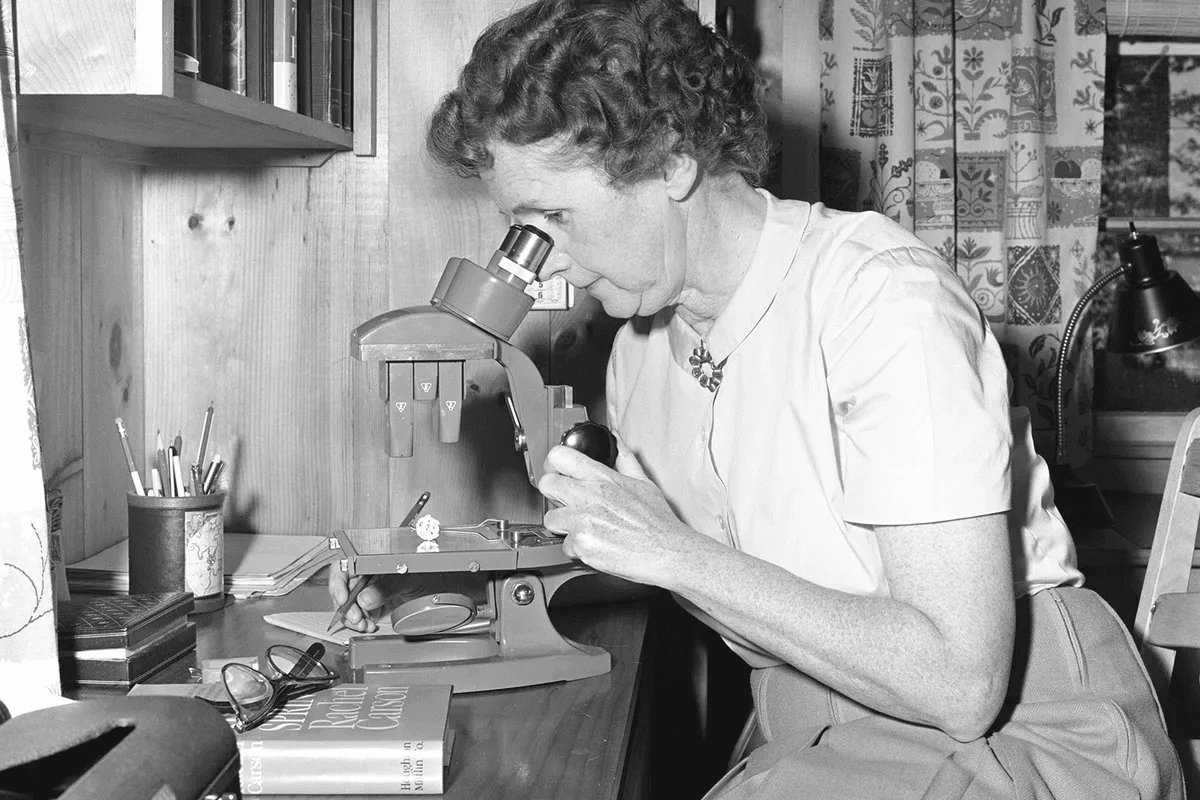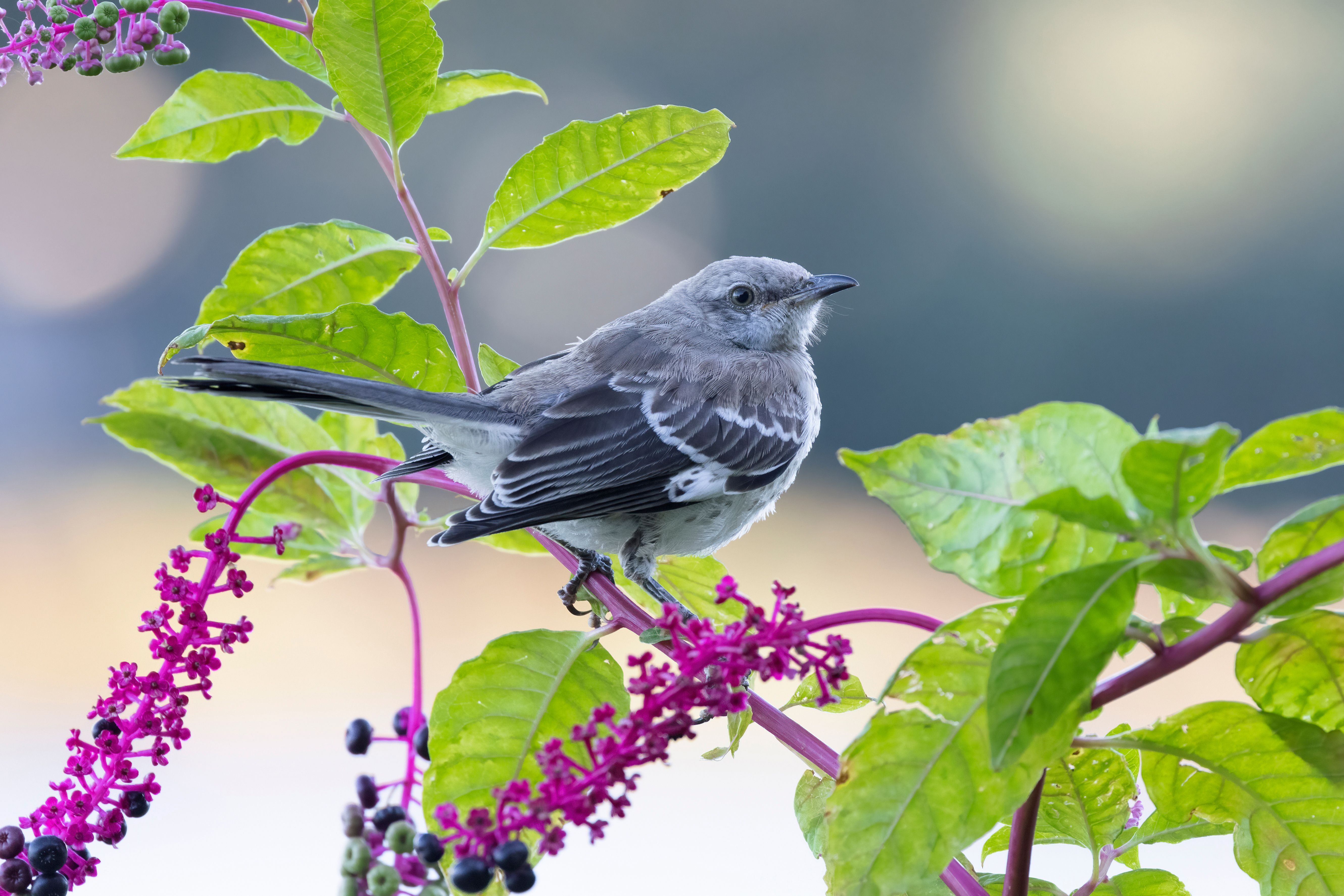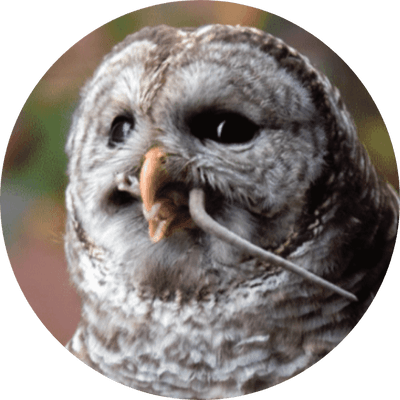Published June 14, 2024
From DDT to SGARs, Audubon Society of Rhode Island Advocates Against Pesticides
By Phoenix Wheeler, Audubon Director of Advocacy
Introduced in the 1940s, DDT (dichloro-diphenyl-trichloroethane) was widely used to control insect-borne human and livestock diseases. Its dangerous properties, made widely public by Rachel Carson’s groundbreaking book Silent Spring, would lead to the disastrous population decline of Osprey, Bald Eagle, and many other Avian species. Humans were also impacted; studies have found up to the third generation after those exposed experience detrimental health impacts from DDT.
The Fight Continues: Neonics
-
Advocating to end pesticide use that has devastating impacts on the environment and biodiversity is not a thing of the past. Audubon successfully advocated for restrictions on the sale of use of neonicotinoids or neonics in Rhode Island. The bill went into effect in January of 2024, requiring additional licensure to use neonics and the removal of the product from certain retailers.
Neonics are a class of pesticides used to, much like DDT, control insect populations. They are the most used insecticide in the United States– and the world. Neonics do not discriminate; bees, butterflies, and other pollinators that are vital to our ecosystem are decimated by the use of neonics used in agricultural settings and even lawn care. Beyond pollinators, neonics are active in the soil they are sprayed on for years, and community water supplies are exposed to this poison by stormwater run-off.
-
Northern Mockingbird on Pokeweed by Ryan McAssey
Audubon is committed to continuing the advocacy on neonics until they are banned statewide. You can help ensure that the regulation of these dangerous chemicals remains a priority by using your consumer power when interacting with landscapers, HOAs, and nurseries.
Second Generation Anticoagulant Rodenticides
-
In 2024, Audubon also worked with legislators to introduce a bill that, for the first time in Rhode Island, would ban Second Generation Anticoagulant Rodenticides, or SGARs. A pesticide used to promote rodent deaths, the measured secondary impact on raptors and other predators is starkly disturbing. SGARs accumulate in the system of predators like Great Horned Owls and Bald Eagles and impact their liver functioning. If a raptor is poisoned, they can lose certain flying capabilities, have tremors, bleed out from minor injuries, or die directly from SGARs poisoning. To show how widespread SGARs are in the Avian population, Tufts University’s wildlife clinic conducted a study on rodenticide exposure in raptors. In one startling statistic, 100% of Red-tailed Hawks who were tested by researchers had been exposed to rodenticides.
Our advocacy efforts did not go unnoticed. We made tremendous strides in educating the legislature on the harms of SGARs and the need to ban their use in Rhode Island. You can read Audubon Director of Avian Research Charles Clarkson’s letter on the dangers of SGARs here. Currently, the state of California has a moratorium on these pesticides; we will continue to advocate for Rhode Island to become the next.
-
Barred Owl by Peter Green
Click here to sign the petition to support banning SGARs in Rhode Island!
Top Image: Rachel Carson at her summer home in Boothbay Harbor Maine USA, Sept. 4th 1962 © CBS Photo Archive/Getty




















